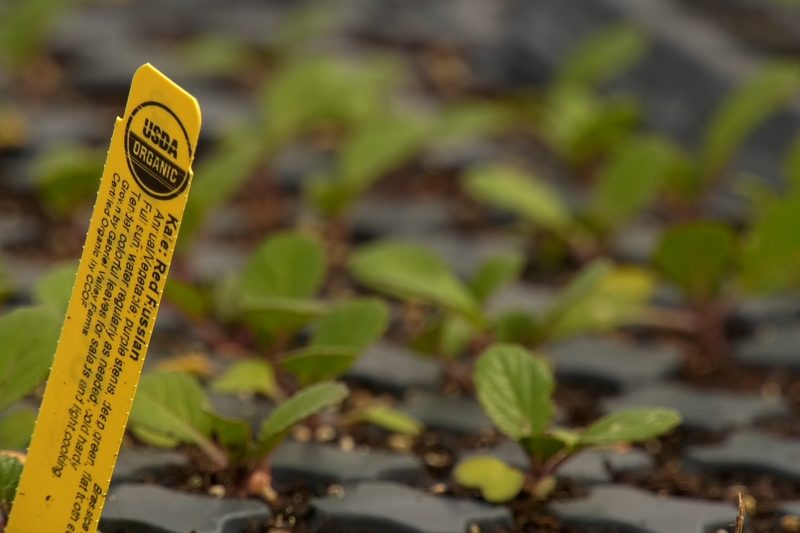UT Students Create App to Help Promote Sustainable Farming
By Theo Werner
Reporting Texas TV
AUSTIN, Texas – Sustainable practices are becoming less affordable for farmers, but a group of UT students designed an app to help financially support these methods.
UT students formed Gazelle Ecosolutions to primarily address the issue of overgrazing for ranchers. Their main focus has been in Botswana, where many ranchers overgraze land to the point where their cattle can no longer be fed.
Gazelle Ecosolutions CEO Amod Daherkar said when this happens, ranchers will move to another location and repeat the cycle. The goal of their app is to help ranchers calculate the number of cattle their land can sustain, while also providing a financial incentive.
“If I just showed up to Botswana and I went to a rancher and said, ‘Hey look, my phone says that you need to get rid of your cattle,’ they’re going to look at us and laugh,” Daherkar said. “That’s where voluntary carbon markets come into play.”
When a rancher reduces the number of cattle on their land it often reduces the amount of profit they make, at least in the short term. The Gazelle app helps ranchers address this issue by allowing them to calculate how much carbon they are offsetting and then sell it as a credit to voluntary carbon markets.
A company looking to reach net-zero emissions can buy these carbon credits to offset its overall footprint.
“Let’s say I got rid of 90% of my emissions, but I’m still missing the 10%,” Daherkar said. “I can buy carbon credits equivalent to the 10% of emissions and I’m still responsible for offsetting those.”
The concept of carbon credits began in the 1990s, but many farmers have not had opportunities to sell them. Gaining access to these credits could be a viable solution to support sustainable farming around the world.

Farmers at Green Gate Farms in Austin, Texas, use organic methods to grow several crops in greenhouses including kale. (Photo: Theo Werner, Reporting Texas TV)
Austin area farmers face challenges such as development and rising land costs. Green Gate Farms founder Erin Flynn said produce grown around Austin is becoming scarcer.
“One thing that people rarely talk about is the sustainability of the farm business itself,” said Erin Flynn, founder of Green Gate Farms. “Austin is losing 15 acres of farmland a day.”
Flynn said gravel mining companies are outbidding farmers for much of the farmland around Austin. Many young farmers are unable to afford land at such high prices. Many established farmers facing financial strain will sell their land to the highest bidder.
At Green Gate Farms, the effects of these companies moving in are all but subtle.
“I can see bulldozers from my farm. My neighbors are leaving. We are trying to figure out what we’re going to do,” Flynn said. “Unless people get involved and say ‘no, we need to preserve farmland,’ then our farm is doomed.”
Without legislation to limit gravel mines, Flynn said gaining access to financial support like carbon credits could help farmers stay afloat.
“I think any way that we can be innovative in funding is so important because people don’t realize that farmers are paid extremely little around the world,” she said.
“I know that there’s been a movement in California and perhaps some of them are getting [carbon credits], but hell, we should be getting it. We’re one of the few certified organic farms in Texas. We don’t receive anything for that.”
While Gazelle Ecosolutions focuses on ranchers, it could inspire other carbon credit technologies that include farmers like Flynn. The company plans to expand its reach beyond Botswana.
“Our team is looking to expand into Texas,” said Daherkar said. “We’ve got a few early-stage research partnerships with cattle ranches here in Central Texas and over in East Texas, and we’re actively looking for new partnerships.”
He encourages Texas ranchers interested in the technology to reach out through the Gazelle Ecosolutions website.